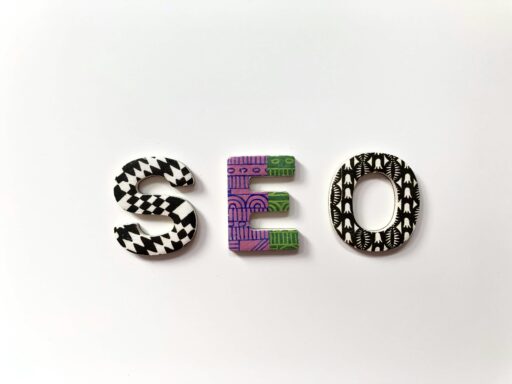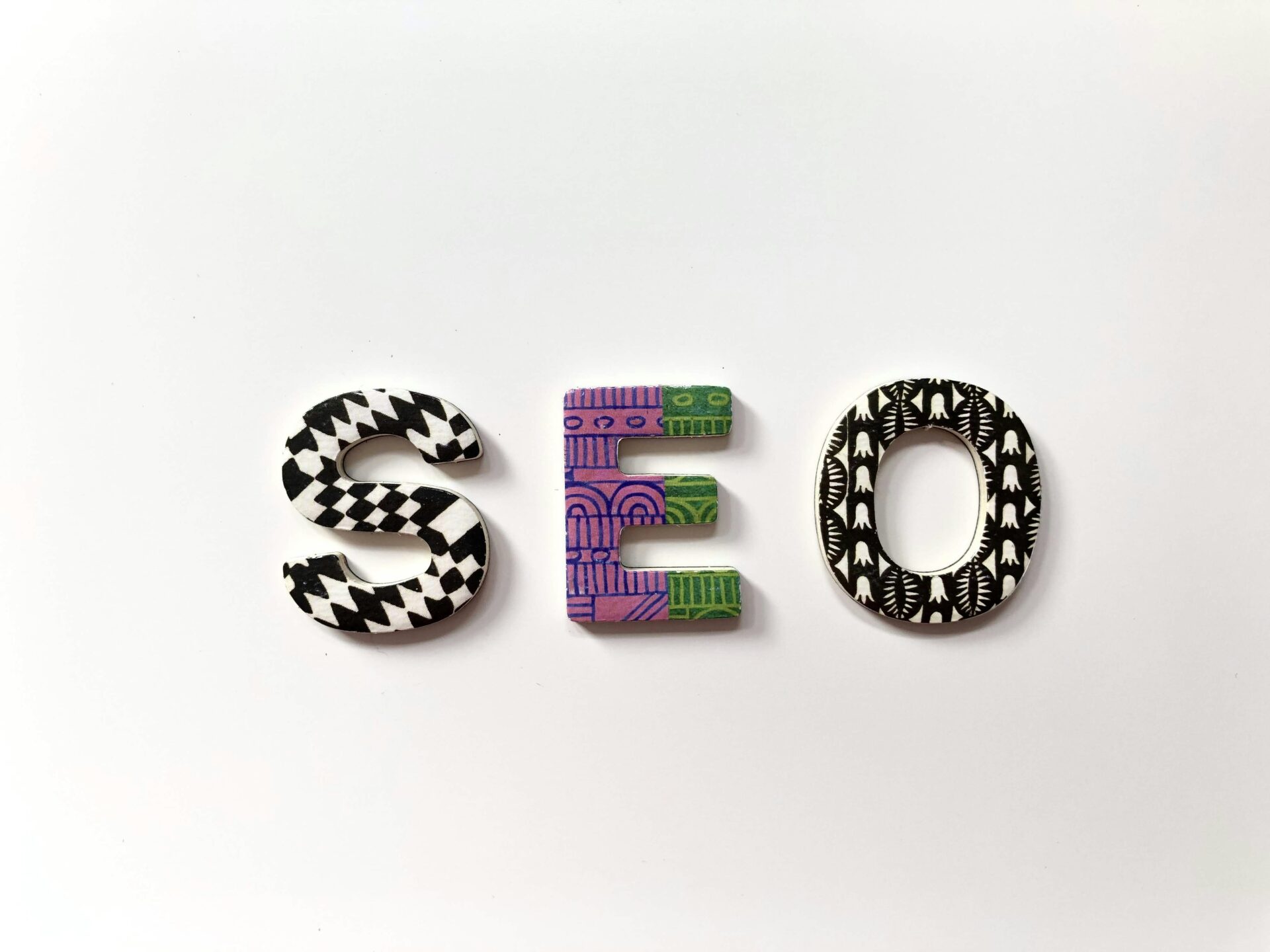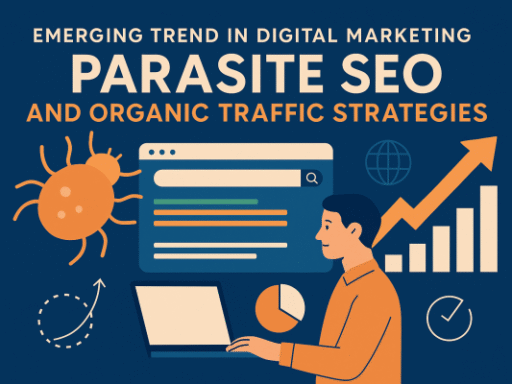The digital marketing landscape evolves every year, and 2025 is no different. With Google’s algorithm updates, AI-powered search assistants, and changing consumer behaviors, businesses are asking: Is SEO still enough to grow a business on its own?
The short answer: SEO is powerful but not sufficient on its own. In today’s competitive environment, SEO works best as the foundation of a broader digital strategy. Let’s dive deeper into why SEO is crucial, where it falls short, and how businesses can maximize it for growth in 2025.
Why SEO Still Matters in 2025?
1. Search Behavior Remains Strong
Despite the rise of AI chatbots and social commerce, people still turn to search engines for answers, products, and services. Ranking on Google (or Bing, You.com, and other emerging platforms) remains one of the most reliable ways to attract high-intent traffic.
2. Trust and Authority Through Organic Results
Consumers trust organic listings more than paid ads. When your business consistently shows up at the top of search results, it builds credibility and positions you as an industry leader.
3. SEO Offers Compounding Returns
Unlike paid ads, which stop generating traffic once you stop spending, SEO compounds over time. The longer you invest in content, backlinks, and site optimization, the stronger your results become.
Where SEO Alone Falls Short?
1. Rankings Don’t Equal Conversions
High rankings bring visibility, but they don’t guarantee sales. If your website has poor design, slow loading times, or lacks trust signals, visitors will leave and buy from competitors.
2. Algorithm Dependency
Google updates can shake up rankings overnight. Relying solely on SEO leaves businesses vulnerable to sudden traffic drops. Diversifying marketing channels creates stability.
3. Modern Buyers Use Multiple Touchpoints
In 2025, customers don’t make decisions based on one Google search. They might:
- See your brand in search.
- Check your social media presence.
- Read reviews.
- Click a retargeting ad.
- Then finally purchase.
SEO is a strong entry point, but it rarely completes the entire customer journey.
4. Competition is Fierce
Almost every serious business invests in SEO. Without strong branding, creative content, and complementary channels, it’s hard to stand out—even if you rank on page one.
What Works Best in 2025: SEO + Integrated Marketing?
To grow a business sustainably, SEO must be paired with other marketing strategies. Here’s the winning combination:
1. SEO + Content Marketing
SEO brings visitors, but content builds trust. Blogs, guides, videos, and thought-leadership pieces educate prospects and move them closer to buying.
2. SEO + Paid Ads
Ads deliver instant visibility, while SEO builds long-term authority. Together, they balance short-term results with long-term growth.
3. SEO + Social Media
Social signals increasingly influence search. Sharing optimized content on LinkedIn, Instagram, TikTok, or X (Twitter) amplifies reach and creates a brand presence beyond Google.
4. SEO + Email & CRM
Organic traffic is great—but unless you capture leads, it may not convert. Email marketing and CRM systems help nurture SEO visitors into loyal customers.
5. SEO + Branding
A strong brand multiplies SEO success. When users see your name in search results and instantly recognize you, they’re far more likely to click and convert.
The Realistic Role of SEO in Business Growth
Yes, SEO can drive significant leads and sales.
No, SEO alone isn’t enough to build a scalable business in 2025.
Think of SEO as the engine of your digital strategy. But even the most powerful engine needs fuel (content, ads, branding) and a driver (sales systems) to win the race.
Conclusion
SEO in 2025 remains a non-negotiable foundation for online visibility and lead generation. However, it cannot singlehandedly grow a business. Success comes from integrating SEO with other channels like content marketing, paid ads, social media, email, and branding.
The businesses that win in 2025 aren’t the ones relying on SEO alone—they’re the ones building well-rounded, resilient digital ecosystems where SEO plays a central but not solitary role.
If you want to grow your business with digital presence the, you will contact UpScale digital one of the best marketing agency in Dubai.
FAQs on SEO and Business Growth in 2025
1. Is SEO still relevant in 2025?
Absolutely. Search engines remain a primary way people discover businesses online. While AI tools and social commerce are growing, SEO continues to drive high-intent, organic traffic that converts.
2. Can SEO alone grow my business?
SEO can significantly boost visibility and leads, but on its own, it rarely sustains growth. Pairing SEO with branding, content marketing, paid ads, and customer retention strategies delivers the best results.
3. How long does SEO take to show results?
On average, businesses start seeing noticeable results in 3–6 months, depending on competition, industry, and the quality of the SEO strategy. It’s a long-term investment rather than an overnight fix.
4. Is SEO better than paid advertising?
Neither is “better”—they serve different purposes. Paid ads deliver quick results, while SEO builds lasting authority and organic traffic. A mix of both is ideal for sustainable growth.
5. How does AI affect SEO in 2025?
AI tools like Google’s Search Generative Experience (SGE) and AI chatbots are changing how people search. This makes high-quality, expert-driven, and user-focused content more important than ever.
6. What’s the biggest mistake businesses make with SEO?
Relying only on rankings and ignoring conversions. Attracting traffic without optimizing your site for leads and sales means wasted potential.
7. Do small businesses really need SEO?
Yes! Local SEO is critical for small businesses in 2025. Appearing in Google Maps, local search results, and “near me” searches drives real foot traffic and sales.
8. Can SEO results disappear overnight?
Yes, if you rely only on SEO. Google updates or competitors investing heavily in SEO can impact rankings. That’s why diversification across multiple marketing channels is essential.
9. What type of content works best for SEO in 2025?
Authoritative, user-first content such as in-depth blogs, video explainers, product guides, and thought leadership. Content that demonstrates E-E-A-T (Experience, Expertise, Authoritativeness, Trustworthiness) performs best.
10. How do I know if my SEO is working?
Track key metrics such as organic traffic, keyword rankings, leads generated, and conversions. Tools like Google Search Console, Google Analytics, and CRM dashboards help measure results.







